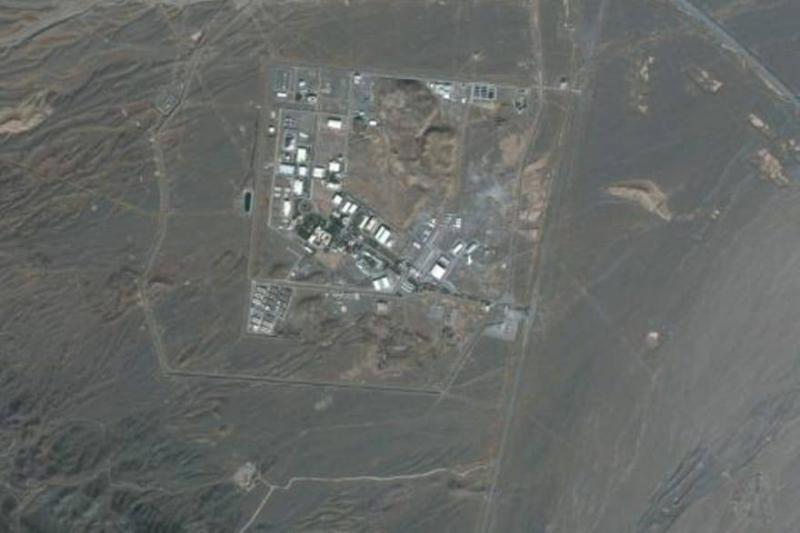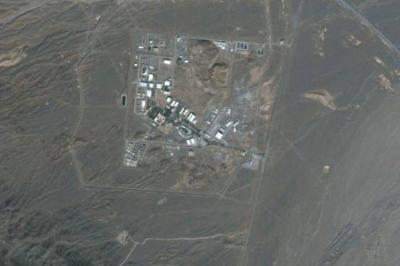A U.S. Democratic senator told Agence France-Presse that efforts to revive the 2015 Iran nuclear agreement must take into account the "changed" circumstances since it was signed. Senator Ben Cardin noted that "there is a strong desire and near consensus in Congress... not to be limited by the deadlines established in the Joint Comprehensive Plan of Action," referring to the timelines in the agreement after which certain restrictions on Iran's nuclear activities would expire.
The 2015 agreement eased international and Western sanctions on Iran in exchange for its commitment to strict limits on its nuclear program. Nevertheless, the agreement began to unravel slowly after former U.S. President Donald Trump unilaterally withdrew the U.S. from it in 2018 and reinstated sanctions on Iran. This prompted Tehran to gradually abandon many of the constraints imposed by the agreement on its nuclear activities.
Discussions in Vienna to revive the agreement have made only minor progress in recent weeks, and the International Atomic Energy Agency (IAEA) reported on Tuesday the latest breach committed by Iran. The agency stated that Iran plans to produce uranium metal enriched to 20 percent, prompting the U.S. to warn Iran to stop what it termed a "nuclear brinkmanship" policy.
Cardin, a member of the Senate Foreign Relations Committee, added, "Today is different from 2015 when these agreements were negotiated." He continued, "Circumstances have changed, and they require us to respond to what we are facing today."
Broader Issues
Cardin emphasized that the process of reviving the Joint Comprehensive Plan of Action needs to address "issues beyond the nuclear field," including allegations against Iran in areas like "ballistic missiles, terrorism, and human rights." The senator did not specify whether these issues should be included in the text of the agreement if it is revived, but he asserted that the U.S. and its allies need to "find a way to address Iran's activities."
Iran has rejected any changes to the Joint Comprehensive Plan of Action during the talks, insisting on the return of the U.S. to the current agreement. Cardin was in Vienna as part of a U.S. congressional delegation attending activities, including a briefing from IAEA Director General Rafael Grossi.
In a statement sent to Agence France-Presse after the meeting, the senator said Grossi provided the delegation with "a comprehensive report on the challenges of monitoring Iran's nuclear program," and they had an "open discussion about the status of negotiations."
In late February, Iran restricted the IAEA's access to nuclear sites, and since then, a temporary agreement regarding inspection operations has expired, with no indication of whether it will be renewed or when that might occur. Republican Senator Roger Wicker was also part of the delegation. He told Agence France-Presse that he "expressed his opposition" to a potential return to the Joint Comprehensive Plan of Action, stating that all his Republican colleagues in the Senate have "practically" a "high degree of skepticism" about Iran's intention to comply with any nuclear-related commitments.
The delegation is in Europe for a series of engagements, including participation in the Parliamentary Assembly of the Organization for Security and Cooperation in Europe, based in Vienna.




